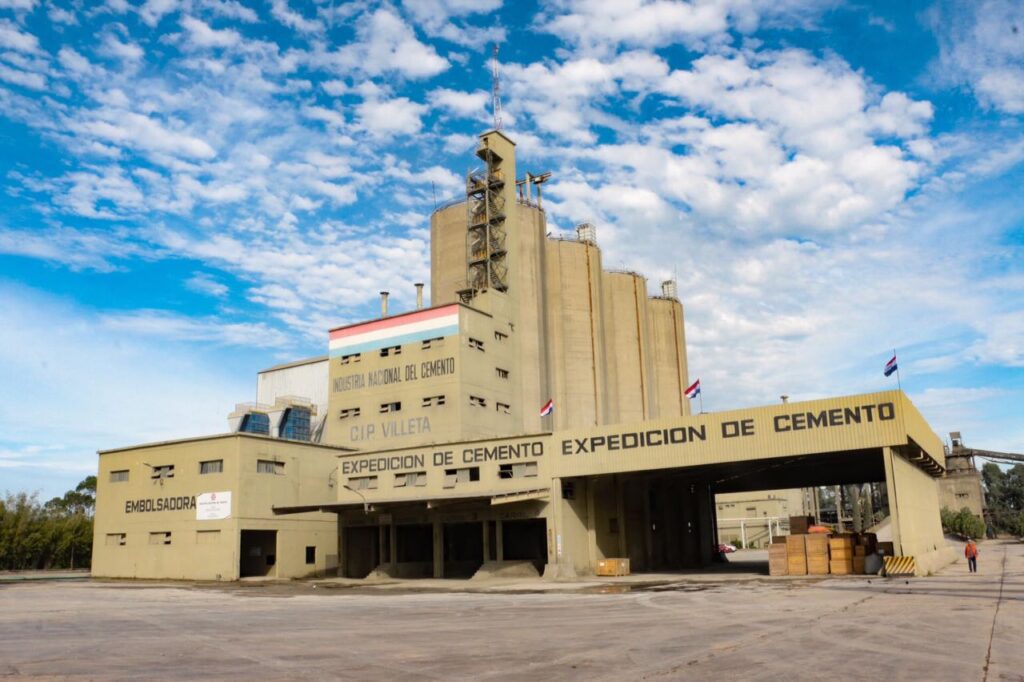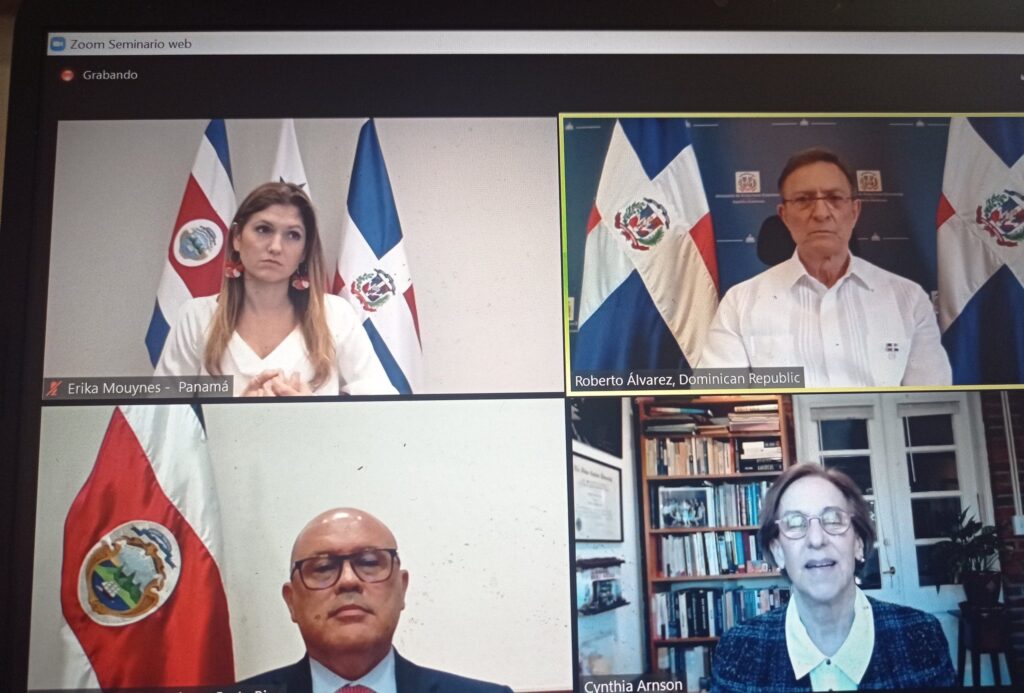A new species of frog has been discovered in Panama by an international team of biologists, led by Panamanian Abel Batista, doctoral fellow of the National Secretariat for Science, Technology and Innovation (Senacyt); and the Swiss Konrad Mebert, on Cerro Chucantí, on the provincial border between Panama and Darién.
The frog was named ‘Pristimantis gretathunbergae sp. Nov.’ honoring Swedish environmental activist Greta Thunberg. The scientific article that officially describes and names the frog was published on January 10, in the magazine ZooKeys of the Pensoft publishing house with the title “A new rainfrog of the genus Pristimantis (Anura, Brachycephaloidea) from central and eastern Panama. ZooKeys 1081 (2022) “.
The frog has black eyes, a unique trait among Central American rain frogs. Its closest relatives inhabit northwestern Colombia.
The habitat of this frog is severely fragmented and threatened by deforestation for agricultural activities. Climate change is another threat, as rising temperatures would destroy their mountain habitat. The region around Cerro Chucantí has already lost more than 30% of its forest cover in recent years, so conserving the habitat of this new species is essential to guarantee its survival. The deadly chytrid fungus poses an additional threat to amphibians.
Throughout his more than 20-year career, the Chirican researcher Abel Batista, a doctor in biological sciences specializing in the study of amphibians and reptiles, has identified more than 30 species new to science, in which he participated as main author or co-author.
Dr. Batista, scientist from the Senacyt National Research System, and professor and researcher at the Autonomous University of Chiriquí, affirmed: “While we are losing the planet’s diversity, efforts to highlight it are urgently required. Findings like this are vital to make known the species that we still have, and it teaches us to value this component that is exhausted every day; An example of this has been the international recognition of the disappearance from the planet of two species of Panamanian amphibians (endemic) in 2020: the Chiriquí harlequin frog (Atelopus chiriquiensis); and the splendid poison frogOophaga speciosa) “.
The Mgtr. Guido Berguido, executive director of the association ADOPTA el Bosque Panamá, which manages the Chucantí Private Natural Reserve where the frog was found for the first time, pointed out that “this discovery highlights the importance of conserving unique places in our country, such as Cerro Chucantí, that lack legal protection, before they disappear ”.
In this sense, Batista added that it is necessary to continue with this type of research for the protection of biodiversity. “We cannot lose the battle. Although we lose species, in Panama we know almost nothing about most of them. That is why efforts should continue to support research on the diversity of flora and fauna. Amphibians are one of the species most sensitive to environmental changes. We are currently conducting studies on the response of these species to thermal changes and greenhouse gases, and we hope to have results this year ”.











